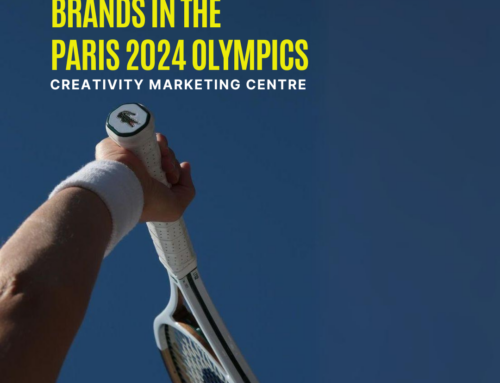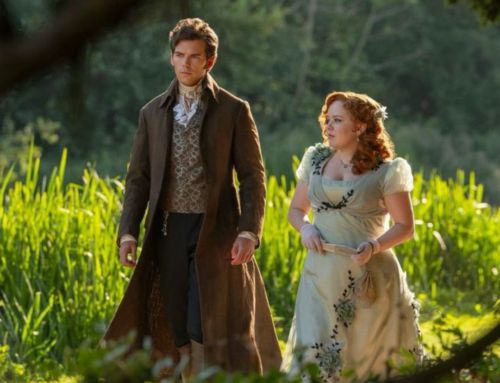Petit Bateau – At the crossroad of sustainability and circular economy

By Portia Banerjee, Victor Doumengine, Xiao Fang, Arielle Medrano, Neila Rebrab, Stephanie Weinzierl
One of the big highlights of the MSc in Marketing & Creativity is that we get to be in Paris and work with the greatest companies here for our Company Consultancy Projects. For eight weeks, we students get to consult our clients on a specific marketing matter. At the start of our new term, everyone was looking forward to the day the companies would be announced; to the delight of our team, our client was French childrenswear brand Petit Bateau.
Ask a French person if they know Petit Bateau and you may hear an answer along the lines of, “Of course! I used to wear Petit Bateau clothes as a child. The clothes were handed down from my older sibling, and when I grew out of them they were passed on to my younger cousin. Petit Bateau’s clothes are so durable and can last generations.” Indeed, Petit Bateau is iconic in France!
The company was founded in 1893 by Pierre Valton, in Troyes. From its inception, Petit Bateau was a truly innovative brand: in 1918 they invented the panty (la petite culotte) by replacing scratchy wool with soft cotton, which was a huge success with men, women and children alike. By 1920 the company had invented the first advertising concept with the illustrated character Marinette as the brand’s mascot. Over many decades, Petit Bateau created a childrenswear brand that fostered innovation and durability in their products as well as their entire value chain. Today, Petit Bateau is present in 58 countries and is part of the Groupe Rocher.
At our project kickoff meeting we met with the Senior Vice President of HR and CSR Leader, Thomas Bucaille, and CSR & Communication Coordinator, Pauline Mattioli. From the meeting it was evident that Petit Bateau has many sustainability initiatives of which it is very proud, but there remains a feeling that there is more to be done. As Petit Bateau looks to differentiate itself more towards a purpose-driven childrenswear brand, it also wants to keep the historic identity as makers or durable and generational clothing. Their question was, how can one link the durability of the Petit Bateau clothing with sustainability and circular economy?
Petit Bateau asked us to produce an omnichannel communication plan that would link all three aspects together. Furthermore, we were tasked to introduce a product or service innovation focused on durability and sustainability, and to develop a deployment plan for these two deliverables.
After the meeting we went back to the drawing board and asked ourselves what was the core of the problem facing Petit Bateau. As we broke down the brief, we identified a communication gap between what Petit Bateau was already doing in terms of sustainability versus what the customers saw. With this we defined our problem statement as “How can Petit Bateau incentivise sustainability and a circular economy mindset into their customers’ purchase behaviour?”
Sustainability has become more than a trend: it is a driving force for many companies in various industries – especially fashion, where more and more brands are taking action to improve their sustainability efforts. With a fast-changing fashion retail industry, we knew this project would challenge our analytical and creative capabilities in all the right ways. We were excited to start our research to identify potential product or service innovations, as well as a creative communication strategy for Petit Bateau.
Our market research led us to look at sustainability from the three-way vantage point it is today: improving the environment, helping society, and growing business. From a customer perspective, we noticed a need for genuine sustainability goals and actions from brands. This was an opportunity for Petit Bateau to create a product and communication strategy that would holistically increase the awareness of their sustainability efforts through all their touchpoints with their customers, both online and offline. Moreover, we wanted to recommend creative product or service innovation ideas to Petit Bateau that would require only small changes for the company and could subsequently – almost naturally – incentivise and encourage not only their customers but also their internal talent to lead more sustainable lives.
The final presentation of our consultancy project took place virtually on 23rd November, 2020. We were extremely excited to show our client the solutions and recommendations we had, and they were more than eager to discover them. Through this project, we learned a lot about our client and their industry, but also about ourselves and our team work. We hope Petit Bateau enjoyed collaborating with us as much as we enjoyed collaborating with them. It was an experience none of us will forget!





